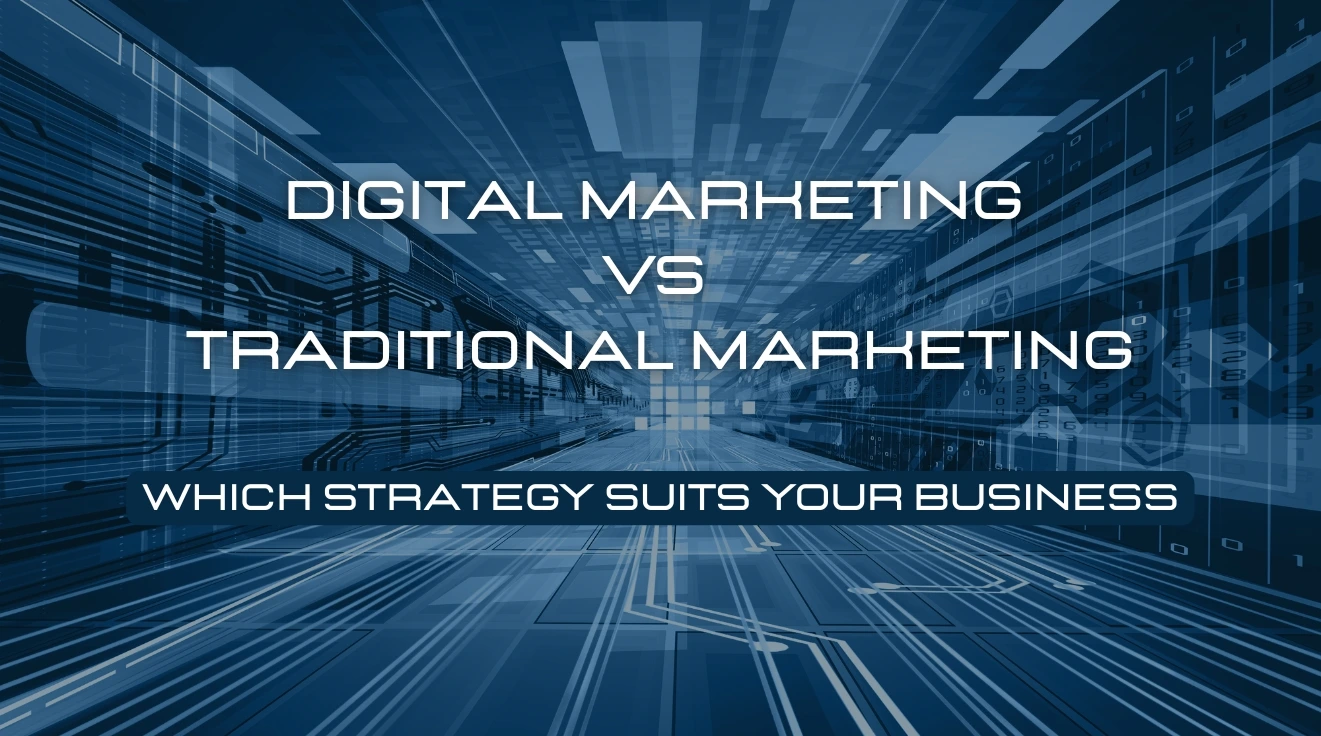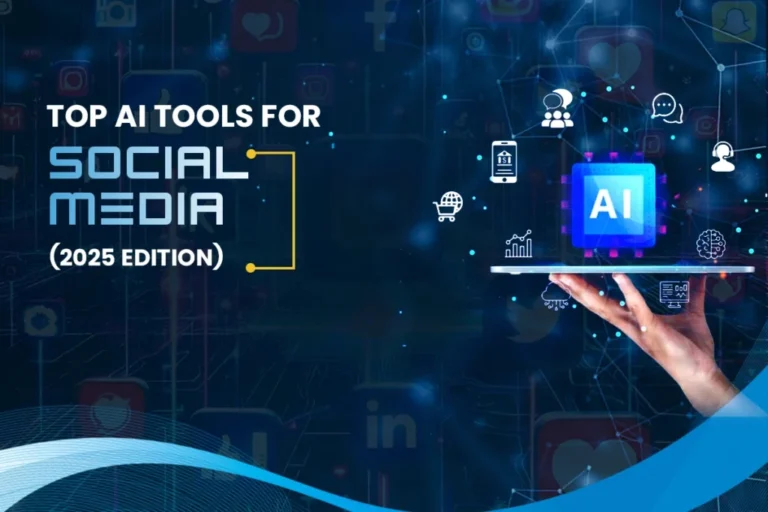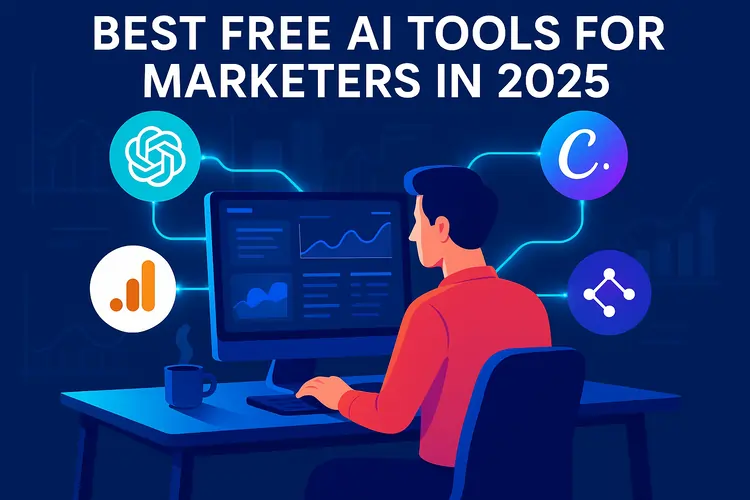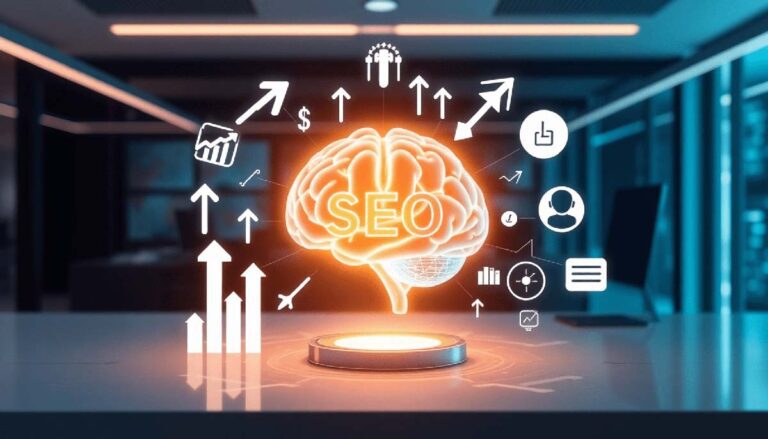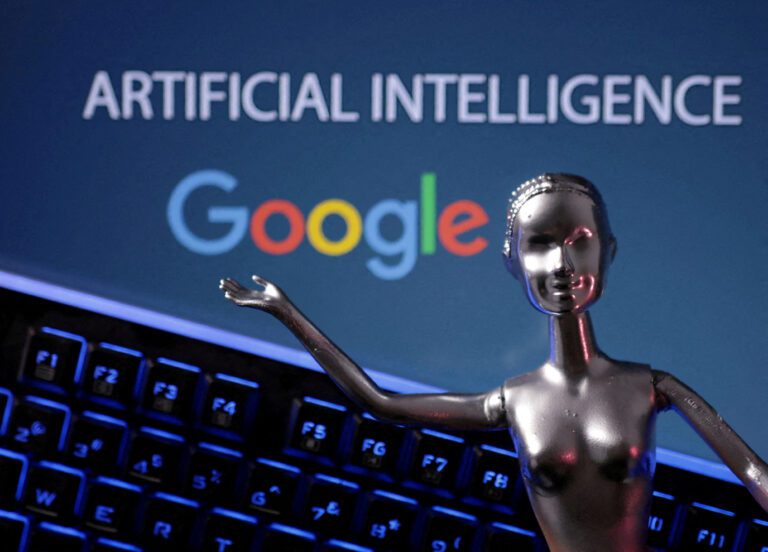Digital Marketing vs Traditional Marketing
Introduction
When it comes to promoting a business in today’s competitive world, one of the biggest debates is Digital Marketing vs Traditional Marketing. Business owners, marketers, and even students of marketing often wonder which is better.
Traditional marketing has been used for decades through newspapers, magazines, radio, television, banners, and pamphlets. On the other hand, digital marketing has grown massively in the last few years, thanks to the internet, smartphones, and social media.
The main question remains: which one is more effective in 2025, Digital Marketing vs Traditional Marketing?
In this detailed article, I am Dheeraj Kumar Kanjikar, will break down the concepts, benefits, drawbacks, and differences between these two marketing approaches. This article is written in simple Indian English so that even a layman can understand.
What is Traditional Marketing?
Traditional marketing refers to offline promotional strategies that businesses have been using for decades to reach customers. These methods existed long before the digital era and are still in practice today.
Some common examples of traditional marketing include:
- Newspaper and Magazine Ads – Local businesses advertise in newspapers and magazines to reach city-based customers.
- Television and Radio Ads – National and regional TV or radio channels run ads for mass awareness.
- Billboards, Hoardings, and Posters – Large advertisements on highways and in city centers grab attention.
- Pamphlets and Flyers – Printed handouts are distributed to target audiences in specific locations.
- Events, Exhibitions, and Trade Shows – Businesses promote their services directly to people at gatherings.
While comparing Digital vs Traditional Marketing, one thing becomes clear: traditional marketing is more about reaching people offline without the use of the internet.
What is Digital Marketing?
Digital marketing uses online platforms and digital technologies to promote products or services. With increasing internet penetration, businesses are shifting from offline to online strategies.
Digital marketing includes:
- Search Engine Optimisation (SEO) – Improving website visibility on Google search results.
- Pay-Per-Click Advertising (PPC/Google Ads) – Paid ads that appear on Google and partner sites.
- Social Media Marketing (SMM) – Using platforms like Facebook, Instagram, LinkedIn, and Twitter to engage audiences.
- Content Marketing – Creating blogs, videos, podcasts, and infographics to attract customers.
- Email Marketing – Sending promotional or informational emails directly to prospects.
- Affiliate and Influencer Marketing – Promoting through trusted individuals and partners online.
When comparing Digital Marketing vs Traditional Marketing, digital channels provide better tracking, targeting, and global reach at lower costs.
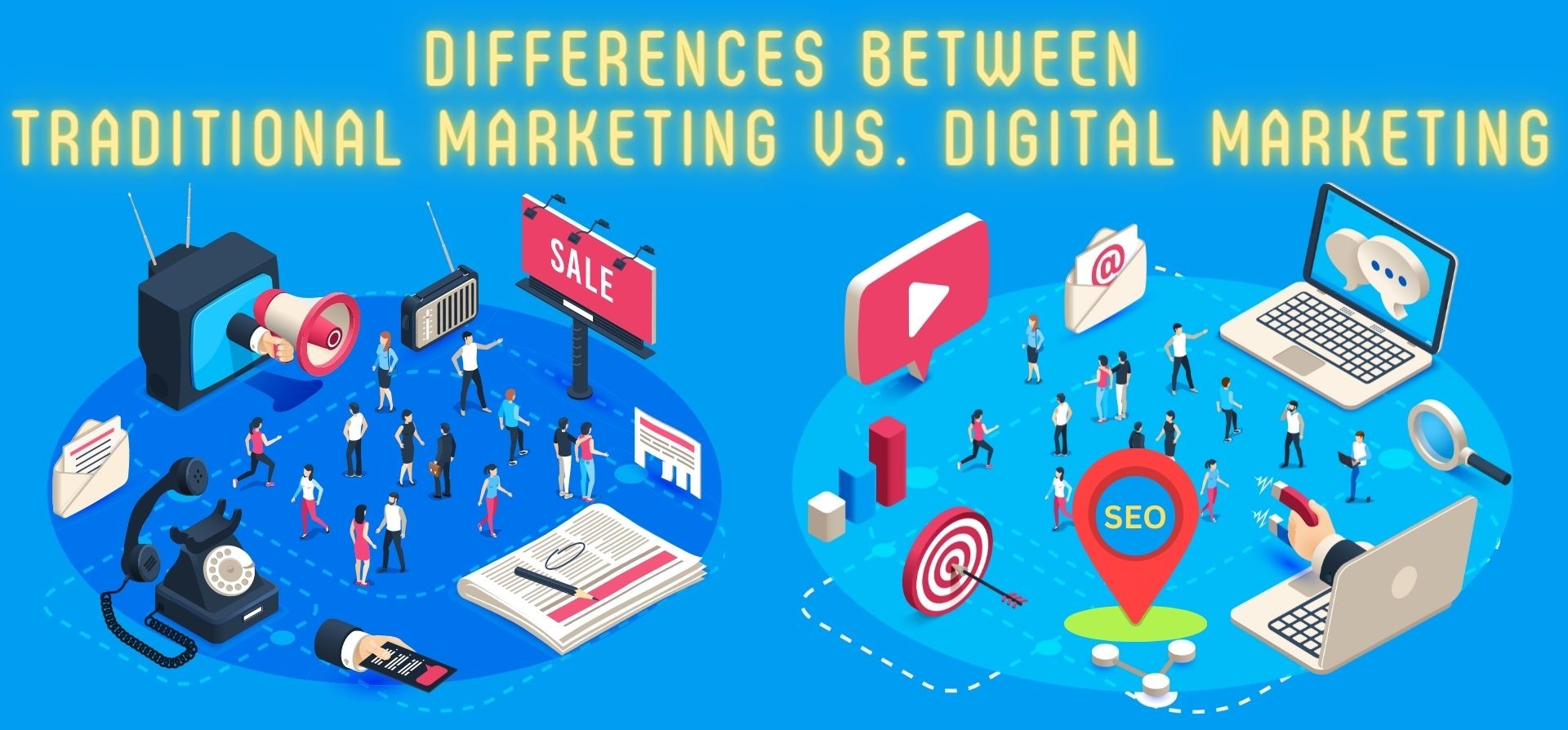
Key Differences: Digital Marketing vs Traditional Marketing
Here is a detailed comparison table showing how both methods differ:
| Factors | Traditional Marketing | Digital Marketing |
|---|---|---|
| Medium | Print, TV, Radio, Billboards | Websites, Social Media, Search Engines, Email |
| Reach | Local, limited to physical boundaries | Global, unlimited, accessible anytime |
| Cost | Expensive (TV, newspaper, radio ads) | Affordable and flexible budgets |
| Targeting | Broad audience, limited targeting options | Highly specific targeting (age, location, interest) |
| Interactivity | One-way communication | Two-way communication with customers |
| Measurability | Difficult to track impact | Easy to track with analytics tools |
| Flexibility | Once published, cannot be changed | Ads and content can be updated anytime |
| Engagement | Low customer interaction | High engagement via likes, shares, and comments |
| Speed of Results | Slow and long-term | Fast and measurable instantly |
| Suitability | Older audiences, local markets | Young audiences, tech-savvy, global reach |
This comparison proves that when businesses analyze Digital vs Traditional Marketing, digital strategies clearly provide more flexibility and control.
Advantages of Traditional Marketing
Even though digital marketing is popular today, traditional methods still have their advantages:
- Mass Awareness – TV and radio ads can reach millions at once.
- Strong Local Reach – Newspapers, posters, and flyers are effective for local promotions.
- Tangibility – Physical ads like magazines and brochures can be held and remembered.
- Brand Trust – People often trust brands that appear in newspapers or on TV.
- Familiarity – Older generations are more comfortable with traditional advertisements.
Advantages of Digital Marketing
Businesses today prefer digital marketing because it offers multiple benefits compared to traditional methods:
- Cost-Effective – Google Ads or social media campaigns are much cheaper than TV or newspaper ads.
- Global Reach – A small company can reach customers worldwide.
- Targeted Advertising – Ads can be shown only to people who are interested.
- Performance Tracking – You can check clicks, conversions, and ROI easily.
- High Engagement – Social media allows businesses to talk directly with customers.
- Quick Results – Paid ads bring immediate traffic and leads.
- Flexibility – Campaigns can be paused, updated, or changed anytime.
This is why in the discussion of Digital vs Traditional Marketing, digital methods are becoming the first choice for both startups and big brands.
Why Businesses Choose Digital Marketing vs Traditional Marketing in 2025
- More People Online – Customers spend most of their time on smartphones and social media.
- Measurable Results – Tools like Google Analytics show clear ROI.
- Affordable for All – Even small businesses can start with a small daily budget.
- 24/7 Availability – Websites and social media run day and night without breaks.
- Better Customer Engagement – Digital marketing builds trust through consistent interaction.
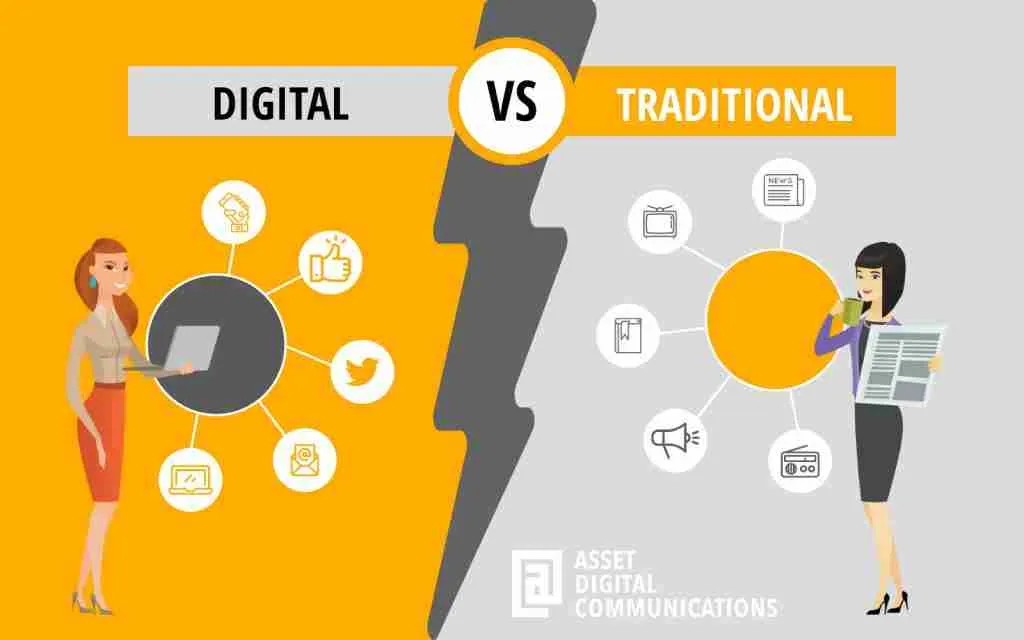
Limitations of Traditional Marketing
- High Cost – Newspaper or TV ads are too expensive for small businesses.
- No Real-Time Tracking – You cannot measure exactly how many people saw your ad.
- Limited Audience – Ads are bound by region and publication.
- No Flexibility – Once printed or broadcasted, ads cannot be modified.
- Low Engagement – Customers cannot interact with traditional advertisements.
Limitations of Digital Marketing
While digital marketing is powerful, it also has some challenges:
- Internet Dependency – Without internet access, digital campaigns fail.
- High Competition – Online space is crowded with ads.
- Constant Updates – Platforms like Google and Facebook keep changing algorithms.
- Need for Skills – Businesses must hire experts or learn digital tools.
- Risk of Ad Fatigue – Users may ignore repetitive ads.
When comparing Digital vs Traditional Marketing, businesses must balance both methods to overcome these challenges.
Which is Better: Digital Marketing vs Traditional Marketing?
The answer depends on business goals.
- If your goal is local promotion and brand trust, traditional marketing is useful.
- If your goal is global reach, cost savings, and measurable results, digital marketing is the winner.
In 2025, most businesses prefer digital strategies because customers are online. However, combining both can create maximum impact.
When to Use Traditional Marketing
- For local shops, restaurants, or events.
- When targeting older audiences who prefer newspapers and TV.
- For industries where physical presence is important, like real estate or exhibitions.
When to Use Digital Marketing
- For startups and small businesses with limited budgets.
- To reach tech-savvy and younger audiences.
- For e-commerce businesses selling across regions.
- To generate leads and sales instantly.
Combining Both Methods
The smart approach is not choosing Digital Marketing vs Traditional Marketing, but using them together.
For example:
- A real estate company can run newspaper ads (traditional) while also using Facebook ads (digital).
- A restaurant can distribute flyers (traditional) while also promoting on Instagram (digital).
This combination ensures maximum visibility and results.
I am Dheeraj Kumar Kanjikar, can write SEO-optimized articles and blogs not only for my website but also for other businesses and websites.
Conclusion
The comparison of Digital Marketing vs Traditional Marketing clearly shows that digital marketing has more advantages in today’s business world. It is cost-effective, measurable, global, and flexible.
Traditional marketing still has value for local promotions and building brand trust, but it cannot compete with the speed, targeting, and ROI of digital strategies.
In 2025 and beyond, businesses should focus more on digital platforms but also combine traditional methods when necessary. By doing this, they can build strong visibility both online and offline.
If you are still confused about Digital Marketing vs Traditional Marketing, remember: digital is the future, but traditional still has its role. The smartest choice is to blend both strategies for the best results.
FAQs
1. What is the key difference between Digital Marketing vs Traditional Marketing?
The difference lies in the medium. Traditional marketing uses offline channels like print and TV, while digital marketing uses online platforms like Google, social media, and email.
2. Which is more cost-effective: Digital Marketing vs Traditional Marketing?
Digital marketing is more cost-effective as it allows targeted campaigns with small budgets, unlike traditional ads which are costly.
3. Can small businesses benefit from Digital Marketing vs Traditional Marketing?
Yes, small businesses benefit more from digital marketing because it provides affordable, measurable, and targeted advertising options.
4. Is Traditional Marketing still useful in 2025?
Yes, traditional marketing still works, especially for local promotions and brand trust. However, it cannot match the speed and reach of digital methods.
5. Which one gives faster results: Digital Marketing vs Traditional Marketing?
Digital marketing gives faster results because ads can be launched instantly, and you can see real-time performance.

